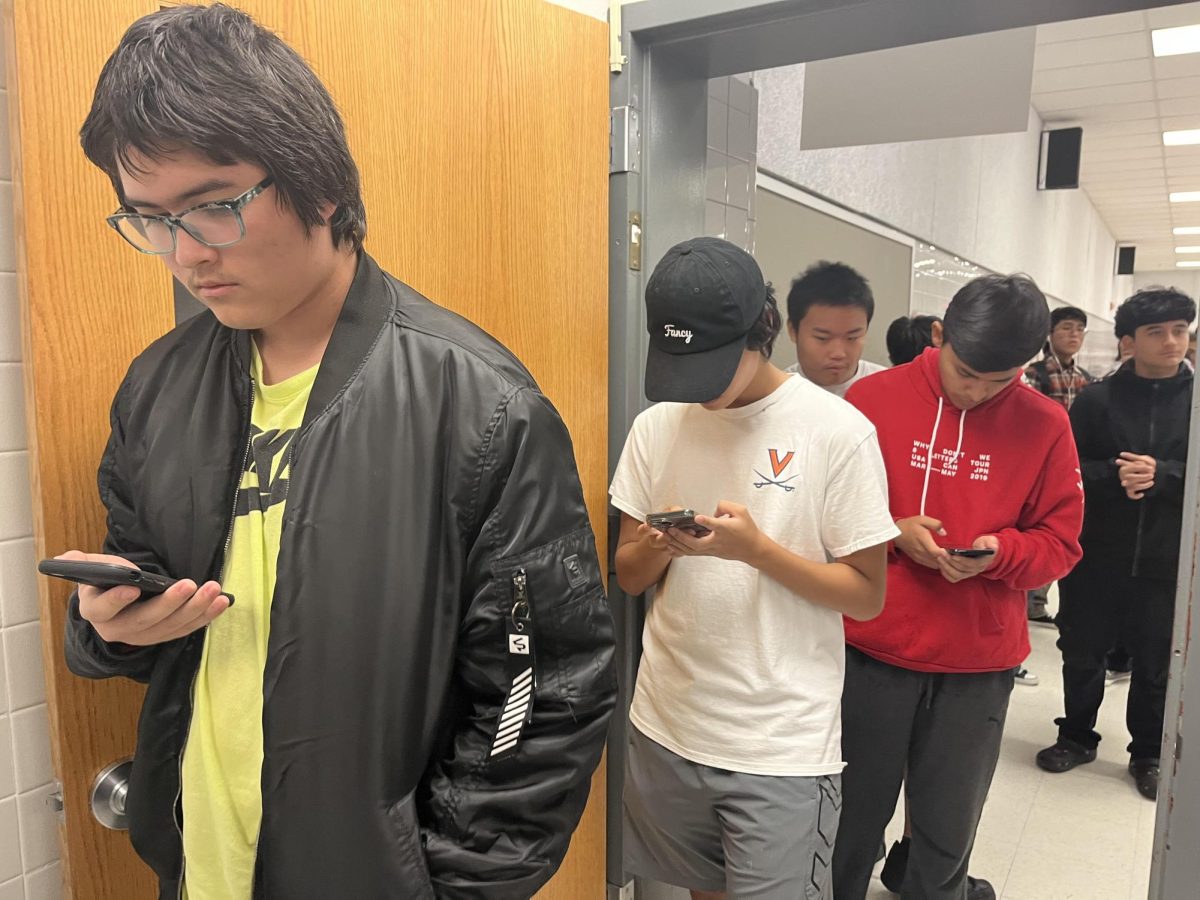As we all know, technology is ever changing and evolving faster than ever before. Teens have the whole world in their pockets and access to more information and misinformation than any other generation.
Before the time of mobile phones, children and teens were left to their own devices. Now, it’s as easy as clicking a button to manage someone’s attention span. At this point, it’s hard to dispute the long-time stereotype of teens being glued to their phones because they truly are. Even walking into the cafeteria, you notice most kids have their heads down, with headphones in, scrolling, scrolling, and scrolling.
According to a survey conducted by the nonprofit research organization Common Sense Media, as of 2021, teens and tweens ages 8-18 clock in about 8 ½ hours of screen time every day. And who can blame them? While tuning out the outside world, these kids are consuming more media and information than they ever could have before the widespread use of social media.
These days, teens consume media so fast and at such a fast pace that the dangers of spreading misinformation are at an all-time high—especially considering the budding world of AI and algorithms that target individual users.
At this rate of consumption, It can be difficult and almost impossible to decipher fact from fiction. Media is consumed by young people without being fact-checked or doubted at all. It’s detrimental that teens be armed with the knowledge and skills they need to navigate these times.
The majority of the time teens spend on their phones is spent on social media. Remember the news channels? The Post? The Times? Forget about them all because a teen’s engagement with news is almost all facilitated through social media.
Social media are a modern-day one-stop shop for any information sought out by teens. Even your favorite internet search engines like Google and Safari are being replaced by TikTok’s search bar.
In light of this new age of technology, it’s more important than ever that teens understand the weight of this, and how to protect themselves from an overwhelming world of digital information.
Besides taking the necessary steps to avoid the spread of misinformation through the media, it’s also important to manage and moderate the amount of time you spend on your phone. Taking time to disconnect can help you evaluate and think more critically about your media consumption and how it affects your worldview.
Adolescence is a vulnerable time, during that time, susceptibility to outside influences is huge. Taking that into account, unfortunately, a teen’s phone can be their biggest influence.








